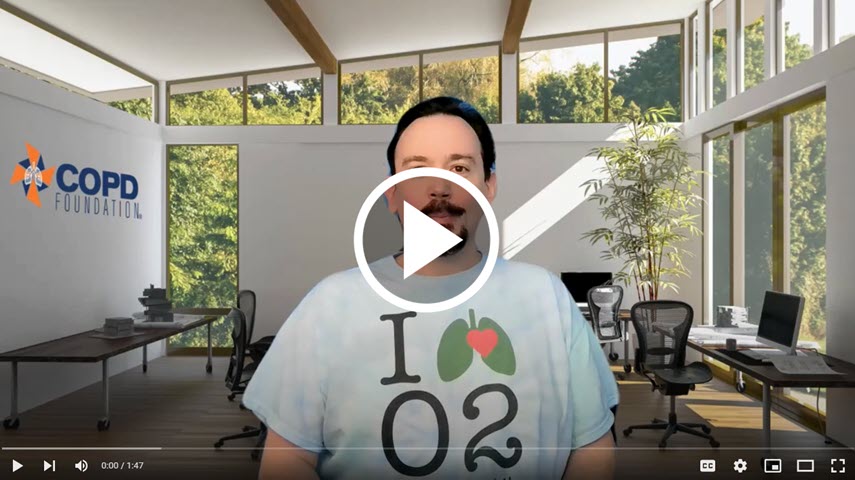Oxygen360

Our collaborative projects include:
World Oxygen Day
Our flagship oxygen program is an annual observance bringing the world together to understand that while everybody needs oxygen, some bodies need a little extra. World Oxygen Day focuses on general awareness and advocacy programs to benefit people across the globe.
Breather Beware (Caveat Spirotor)
Sales of over-the-counter oxygen equipment have exploded online over the past few years. These devices, known as "noncentrators," have slick marketing graphics and claim many enticing features, but have never been evaluated by any regulatory body. In 2023, we presented research about how these devices are generally inferior and possibly unsafe. We have also issued a position statement urging a ban on these devices, and are working with the US Food and Drug Administration and Federal Trade Commission to make that a reality.
Our newest initiative is aimed at supporting startups and small businesses as they develop new and innovative solutions to problems facing the community. From improving how you connect with your equipment to enhancing safety to developing new technology, members of the Oxygen Innovation Alliance are leading the way into the future of oxygen therapy.
Supplemental Oxygen Access Reform (SOAR) Act of 2024
We are working alongside two dozen patient advocacy and medical organizations to reform how oxygen therapy is paid for in the United States. Reimbursement policies have severely limited the kinds of oxygen therapy equipment that is available, causing some types to become essentially extinct in this country. These policies have also prevented people from receiving appropriate training on their equipment. Our coalition believes that by implementing legislation based on our proposed Four Pillars of Oxygen Reform, people will once again have access to the resources they need to maximize their quality of life.
Educational Resources
We are constantly working to keep our informational offerings as current as possible. For people new to oxygen therapy, our updated and expanded Oxygen Therapy Basics guide has everything you need to know to get started. YouAndOxygenTherapy.com, created in collaboration with the American Thoracic Society, supplements the guide with animations and interviews with both clinicians and oxygen therapy users. Our monthly OxyTalk discussion group invites people of all experience levels to join, ask questions, and enjoy the company of others on the journey.
Support the efforts of Oxygen360 by donating now or purchasing items from our online store!